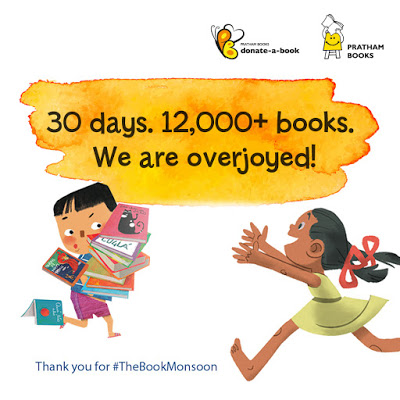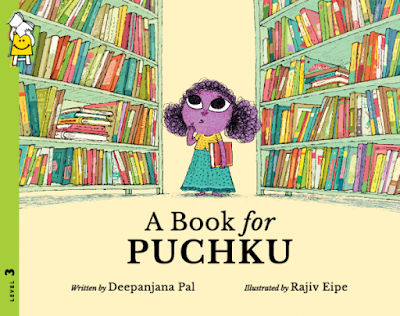From Page to Screen: What We May Lose?

 Kindle 2 has been in the news for sometime now (for good reasons and controversial ones). In “Resisting the Kindle” Sven Birkerts comments on what we lose in the page-to-screen transfer:
Kindle 2 has been in the news for sometime now (for good reasons and controversial ones). In “Resisting the Kindle” Sven Birkerts comments on what we lose in the page-to-screen transfer:
I’m not blind to the unwieldiness of the book, or to the cumbersome systems we must maintain to accommodate it—the vast libraries and complicated filing systems. But these structures evolved over centuries in ways that map our collective endeavor to understand and express our world. The book is part of a system. And that system stands for the labor and taxonomy of human understanding, and to touch a book is to touch that system, however lightly.
Right now the Kindle still lives within the context of print. But what would happen if, through growing market share and broad generational adoption, the Kindle were to supplant the bound book? For me the significance of this is not whether people end up reading more or less, or even a matter of what they read. At issue is the deep-structure of the activity. My fear is that as Wikipedia is to information, so will the Kindle become to literature and the humanities: a one-stop outlet, a speedy and irresistibly efficient leveler of context.
…I concede, this view is apocalyptic. The Kindle is just a device and the Kindle experience is still mainly about text and reader (and convenience and cost-savings)—I know that. But we should not forget that the sum of reader-text encounters creates our cultural landscape. So if it happens that in a few decades—maybe less—we move wholesale into a world where information and texts are called onto the screen by the touch of a button, and libraries survive as information centers rather than as repositories of printed books, we will not simply have replaced one delivery system with another. We will also have modified our imagination of history, our understanding of the causal and associative relationships of ideas and their creators. We may gain an extraordinary dots-per-square-inch level of access to detail, but in the process we will lose much of our sense of the woven narrative consistency of the story. That is the trade-off. Access versus context.
The Kindle is not the Devil’s calling card—it makes all kinds of sense as a technology. And it won’t by itself undo centuries-old ways of doing things, or precipitate anything that isn’t already poised to happen. But we misjudge it if we construe it as just another useful new tool.
Read the entire article here.
Image Source: coincoyote





